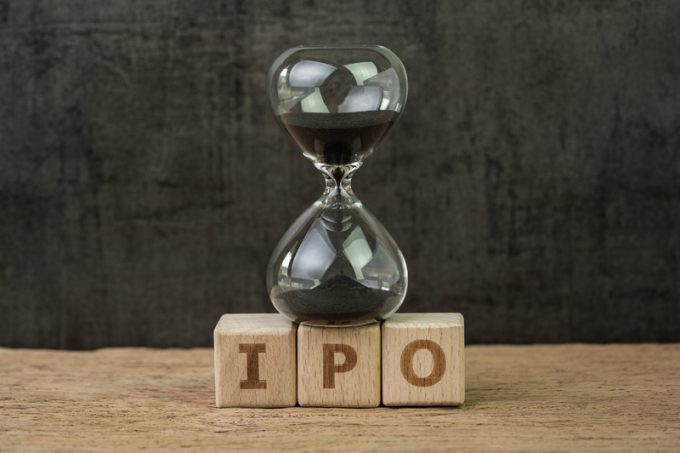Cold Lineage – looking for hot M&A post-IPO?
The question is who’s the dinner and who’s the diner
TFII: SOLID AS USUALMAERSK: WEAKENINGF: FALLING OFF A CLIFFAAPL: 'BOTTLENECK IN MAINLAND CHINA'AAPL: CHINA TRENDSDHL: GROWTH CAPEXR: ANOTHER SOLID DELIVERYMFT: HERE COMES THE FALLDSV: LOOK AT SCHENKER PERFORMANCEUPS: A WAVE OF DOWNGRADES DSV: BARGAIN BINKNX: EARNINGS OUTODFL: RISING AND FALLING AND THEN RISING
TFII: SOLID AS USUALMAERSK: WEAKENINGF: FALLING OFF A CLIFFAAPL: 'BOTTLENECK IN MAINLAND CHINA'AAPL: CHINA TRENDSDHL: GROWTH CAPEXR: ANOTHER SOLID DELIVERYMFT: HERE COMES THE FALLDSV: LOOK AT SCHENKER PERFORMANCEUPS: A WAVE OF DOWNGRADES DSV: BARGAIN BINKNX: EARNINGS OUTODFL: RISING AND FALLING AND THEN RISING

BLOOMBERG‘s Shuli Ren writes:
Now that we’re all stuck at home, speculating on new initial public offerings has become a thrilling pastime. But as Hong Kong experiences its best IPO market in a decade, a word of caution is in order. You can lose a lot in this game, especially if you use borrowed money.
Hong Kong’s IPO market works a bit like a lottery. You borrow as much as you can to apply for as many shares as possible. With hot listings, you’re lucky to get just one out of every 100 shares you applied for. The cost is repayment of margin loans, while the upside is an IPO pop.
Good money can be made from betting on sharp price rises of newly listed shares. In early September, more than 700,000 people bought into mineral-water bottler Nongfu Spring Co.’s $1.1 billion IPO. The stock had a 54% first-day gain and is trading over 60% above its offer price.
About a third of the investors put in just HK$4,300 ($551) each, earning enough for a nice dim sum meal. Many investors were way more adventurous, applying for millions worth of shares to hit it big — and with debt, borrowing as much as 90% from their brokers. In the end, everyone went home happy.
With a list of companies waiting in line to dazzle us, there are a couple of things to keep in mind.
First, cornerstone investors don’t mean a thing. In Hong Kong, companies often invite heavyweights, such as sovereign wealth funds or local tycoons, to invest in the IPO as a show of confidence. It turns out, such investors don’t boost short-term returns. Looking at IPOs since 2017, those with more than 10% of shares allotted to cornerstones haven’t outperformed those without one, data compiled by Soochow Securities show…
To tread the full post, please click here.
Comment on this article